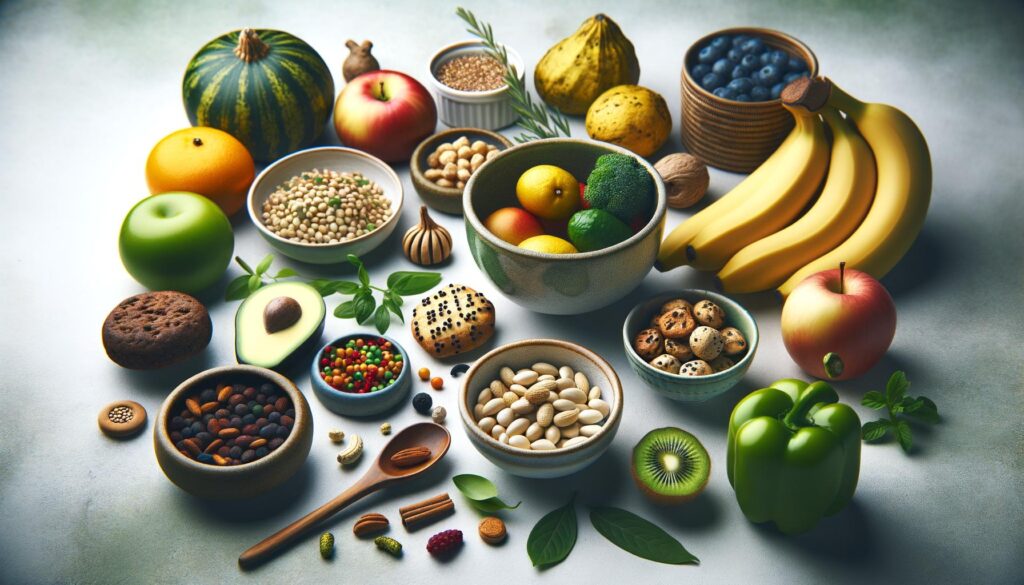Effective Foods for Reducing Belly Fat

The Role of Dietary Fiber
Including dietary fiber in your diet is a crucial step toward managing belly fat. Foods rich in fiber, such as oats, beans, and whole grains, facilitate digestion and promote a feeling of fullness, which can prevent overeating. Consuming enough fiber not only aids in weight management but also helps regulate blood sugar levels. When planning your meals, try to include fiber by choosing foods like:
- Leafy greens, such as spinach and kale
- Whole grain bread and cereals
- Fruits like apples, berries, and oranges
These fiber-rich foods should be the foundation of your diet if your goal is to reduce belly fat effectively.
Protein to Boost Metabolism
Protein-rich foods play an indispensable role in metabolism and weight loss. By incorporating lean proteins into your meals, you can enhance muscle repair and growth, which in turn increases your resting metabolic rate. Some excellent options for lean protein include:
- Chicken breast
- Fish such as salmon
- Legumes and pulses like lentils and chickpeas
Regularly consuming these proteins can enhance satiety and help control hunger levels, contributing to more effective management of belly fat.
Healthy Fats for a Trim Waistline
Contrary to popular belief, not all fats are detrimental to weight loss. Healthy fats, such as those found in avocados, nuts, and olive oil, are known to support a healthy metabolism and promote the feeling of satiety. These fats, rich in omega-3 and omega-6 fatty acids, can reduce inflammation, which is often associated with belly fat. Incorporating these foods into your diet could look like:
- Using olive oil in salad dressings
- Snacking on a handful of almonds
- Adding slices of avocado to sandwiches
These simple additions provide your body with essential nutrients for fat loss.
Hydration and Its Impact
Staying adequately hydrated is a fundamental aspect of weight management and can particularly affect belly fat. Water aids digestion and regulates metabolism, making it a vital component of a balanced diet. Beyond water, hydrating foods such as cucumber, watermelon, and tomatoes can also be beneficial. Keeping a water bottle at hand and opting for hydrating snacks can aid in reducing unnecessary weight gain.
Whole Foods Over Processed Choices
Reducing processed food consumption is crucial for losing belly fat and improving overall health. Processed foods often contain high levels of unhealthy fats, sugars, and sodium, which can contribute to increased abdominal fat. Whole foods, such as fresh fruits, vegetables, and lean proteins, provide essential nutrients without the additives that contribute to weight gain. Aim to:
- Select fresh, whole ingredients whenever possible
- Prepare home-cooked meals to control ingredient quality
- Opt for natural snacks over packaged products
Making a conscious effort to replace processed foods with whole foods can lead to significant improvements in your waistline.
Conclusion
Incorporating these food strategies into your daily routine can be pivotal in reducing belly fat. A diet rich in fiber, lean proteins, healthy fats, and hydration, combined with a commitment to choosing whole foods over processed options, not only aids in trimming your waistline but also enhances overall wellness. By making these mindful dietary changes, you can set yourself on a path towards a healthier lifestyle.
